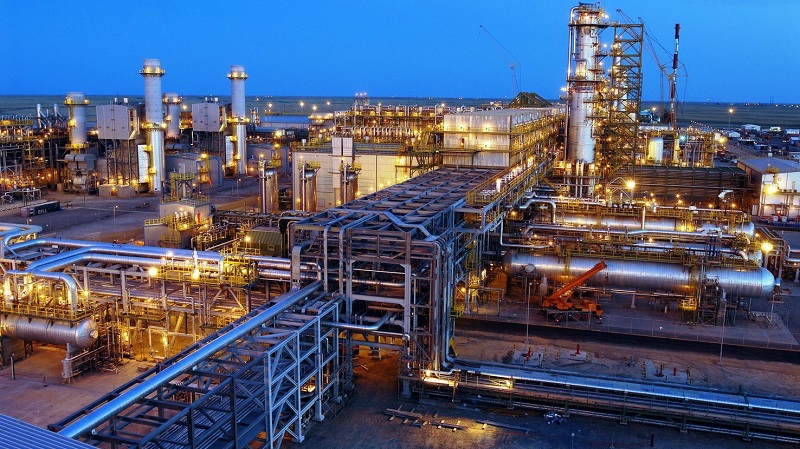NUR-SULTAN – Kazakhstan produced 1.4 million barrels of oil per day in October, achieving a 99 percent conformity under the Organization of Petroleum Exporting Countries (OPEC) agreement, reported the Kazakh Energy Ministry press service.

Photo credit: Kazakh Energy Ministry
Under the agreement, Kazakhstan committed to cutting its oil production by 390,000 barrels per day.
This comes a few months after Kazakhstan lowered its production to compensate for its shortfalls in May. Given the compensation for its oversupply in May, Kazakhstan’s daily oil production amounted to 1.349 million barrels in September and 1.345 million barrels in August.
In 2020, oil production in Kazakhstan is expected to go down from 90 million tonnes to 85 million tonnes, said Kazakh Energy Minister Nurlan Nogayev, which will result in a declining volume of work among oil-producing and service companies.
“Kazakhstan works closely with OPEC+. The pandemic has significantly affected all areas of human activity, and the oil industry is no exception. Thanks to the agreement between the oil-exporting countries, we were able to maintain a balance on the oil market and prevented the emergency shutdown of fields. 2020 has been a test for the entire oil industry, but thanks to joint efforts the balance of supply and demand on the market is gradually recovering,” said Nogayev.
OPEC+, which also includes non-OPEC allies, including Kazakhstan and Russia, agreed in April to a record global oil cut of 9.7 million barrels per day from May 1, which tapered to 7.7 million in August.
In its latest report, OPEC forecasted global oil demand to drop to 9.8 million barrels per day over the year in 2020 citing a weaker economic outlook and growing coronavirus cases around the world.
“As new COVID-19 infection cases continued to rise during October in the US and Europe, forcing governments to re-introduce a number of restrictive measures, various fuels including transportation fuel are expected to bear the brunt of the economic contraction going forward. Previous expectations for demand recovery have diminished and a further deterioration in demand is now anticipated,” said OPEC in the report.
“Also, developments in labor markets, potential new policies governing the energy sector, as well as the effectiveness of the large scale monetary and fiscal stimulus measures will determine the strength of the rebound in economic activities in the year to come,” said OPEC.
OPEC is scheduled to meet on Nov. 30 and Dec. 1 to discuss the next phase of oil production policy among member states.

